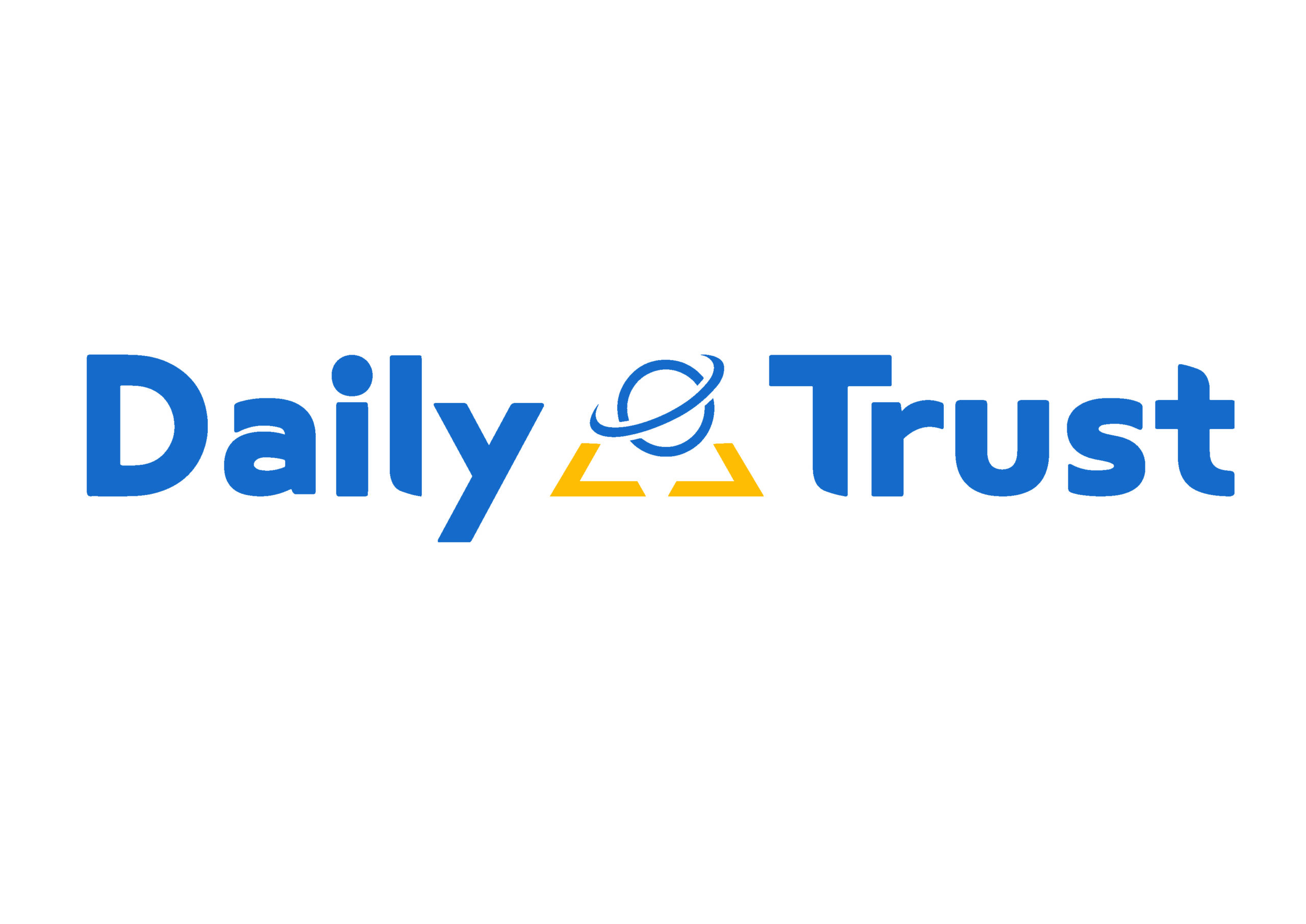Explainer: How citizens can hold governors accountable through websites
Websites of any institution whether public or private serves as the gateway that provides information for researchers, investors, tourists or any individual who seeks knowledge on its activities. In Nigeria, the inability of the country to develop a vibrant economy and infrastructure needed for growth and development of citizens has always been blamed on the […]

Websites of any institution whether public or private serves as the gateway that provides information for researchers, investors, tourists or any individual who seeks knowledge on its activities.
In Nigeria, the inability of the country to develop a vibrant economy and infrastructure needed for growth and development of citizens has always been blamed on the federal government, absolving states and local governments who receive huge allocations from the Federal Accounts Allocation Committee (FAAC) every month.
Daily Trust had earlier reported that 36 states, including the FCT and 774 local governments, received a total of N8.8 trillion as allocation from the Federal Accounts Allocation Committee (FAAC) from 2020 to 2021, according to a report by the Nigeria Extractive Industries Transparency Initiative (NEITI).
Amidst those huge allocations, National Bureau of Statistics had, in its National Multidimensional Poverty Index report, disclosed that 133 million Nigerians are multi-dimensionally poor.
- Controversy trails ‘decongestion’ of CBN’s headquarters
- Edugate: Tinubu raises panel to probe N-power, others
The NBS said 63 per cent of Nigerians were poor due to a lack of access to health, education, living standards, employment and security.
Why websites are important in holding sub-nationals accountable
A simple Wikipedia search defines website as a collection of web pages and related content that is identified by a common domain name and published on at least one web server.
Usually, websites are dedicated to a particular topic or purpose, such as news, education, commerce, entertainment or social networking, posting interesting content and selling contextual advertising either through direct sales or through an advertising network.
Also, other websites are for e-commerce purposes as products or services are purchased directly through the website while some websites require user registration or subscription to access the content. Examples of subscription websites include many business sites, news websites, academic journal websites, gaming websites, file-sharing websites, message boards, Web-based email, social networking websites, websites providing real-time stock market data, as well as sites providing various other services.
All over the world, principles of democracy revolve around transparency, accountability and greater involvement of the citizens in government programmes and activities for sustainable development. This can only be achieved if the people have access to government information and this is why agitations for freedom of information continue to heighten.
Unlike in the past where state governments’ website used to be dormant with little or no information, recent advocacy by the media and Civil Society Organizations (CSOs) has improved the trend as many states now have interactive websites where citizens can engage and ask pertinent questions on various issues.
Checks by Daily Trust on websites of 36 states of the 36 states of the federation and the Federal Capital Territory (FCT) show that majority of the websites are active with vital information on ongoing projects, investments opportunities for prospective investors as well as the vision of the chief executives of the states for its citizens.
In fact, some states like Imo and Abia have already uploaded the 2024 budget (Appropriation Law) on their websites. These few items among many others can serve as a leader for citizens to hold government at the sub-nationals accountable.
Consequently, through budgets, citizens can hold state governments accountable by scrutinizing the budgets and asking questions upon discovery of suspicious projects, ambiguity or duplications.
It is common practice in Nigeria where government officials inflate prices in budgets, or repeat items in order to siphon the funds into private use, as such, by visiting websites of their various states, citizens can engage the government and raise questions on such at any given time or when the opportunity arise.
Similarly, many websites of states are filled with pictures of projects both ongoing and completed as well as the ones fully functional. From such information, citizens can query the facts of those that are truly functional and those that are not.
The relevance of such information is that it makes it easy for citizens on ground to tell the government officials about projects in their various localities as uploaded on the websites whether they are working and achieving their purposes for the people or not.
Also, the investment guide of states can serve as a veritable information for citizens to access.
This Explainer is produced in partnership with the Centre for Democracy and Development (CDD)
